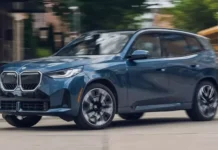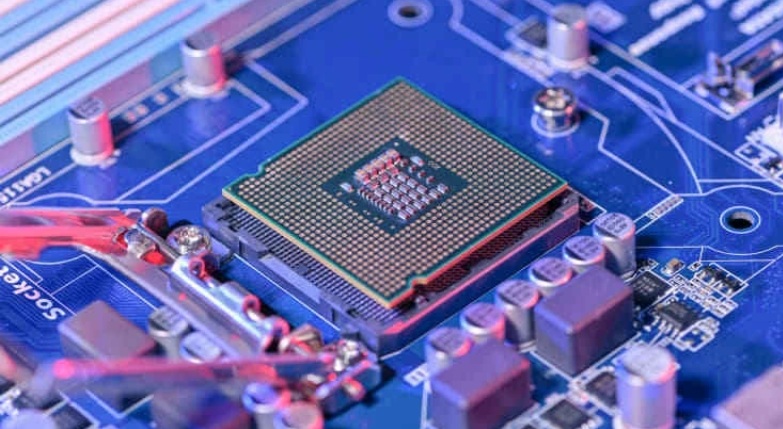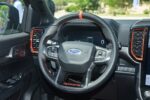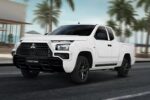The European Automobile Manufacturers’ Association (ACEA) has issued a stark warning of potential severe production disruptions if the dispute involving chip manufacturer Nexperia is not swiftly resolved.
This development marks yet another blow to the region’s automotive industry, already grappling with tariffs, competition from China, and declining demand for electric vehicles.
According to ACEA, European automakers and suppliers were notified by Nexperia last week that the company could not guarantee delivery timelines as planned. “A shortage of these chips would prevent suppliers from producing essential components, potentially halting assembly lines,” ACEA stated.
Tensions escalated after the Dutch government announced on September 30th its intention to take control of Nexperia, a Netherlands-based company wholly owned by China’s Wingtech. The Hague cited concerns that Wingtech’s ownership could lead to the leakage of sensitive technology to China.
This move comes amid heightened pressure from the U.S. on Wingtech. Since late December 2024, Washington has placed the company on its entity list and expanded export controls to firms with over 50% ownership by restricted entities.
In retaliation, China’s Ministry of Commerce issued export controls on October 4th, prohibiting Nexperia’s Chinese subsidiary and partners from exporting certain components and semi-finished products. This has significantly disrupted the global supply chain, as most Nexperia chips are packaged and assembled in China, despite the primary manufacturing facility being located in Hamburg, Germany.
Major players such as Volkswagen, BMW, and Bosch are among Nexperia’s clients. While no immediate impact has been reported, these companies are closely monitoring the situation and assessing potential risks.
Mercedes-Benz confirmed it is working with relevant parties but declined to specify whether Nexperia is one of its suppliers. Stellantis, meanwhile, stated it is collaborating closely with Nexperia and other suppliers to mitigate risks.
Beijing’s Ministry of Commerce criticized the use of administrative measures to interfere with corporate operations and vowed to take all necessary steps to protect domestic businesses. Nexperia representatives indicated they are working with Chinese authorities to secure exemptions and expressed hope for a swift resolution in the interest of all parties.
The dispute has positioned Nexperia at the center of the U.S.-China tech rivalry, as Washington expands semiconductor controls and Beijing responds with export restrictions on critical materials like rare earths and gallium.
Experts warn that a prolonged stalemate could plunge Europe’s automotive sector into another chip crisis, driving up production costs and paralyzing supply chains. Amid ongoing EU disagreements over the 2035 full electrification target, the semiconductor shortage threatens to derail President Ursula von der Leyen’s electric vehicle ambitions.
TH (Tuoitrethudo)
Toyota suspends deposits for Land Cruiser and Alphard due to excessive weight
Due to supply constraints caused by the global Covid-19 pandemic, Toyota Motor is currently facing an unprecedented situation. As a result, they find themselves in the unfortunate position of having to turn down orders for half of their vehicle models at dealerships. This backlog in orders has created a challenging situation for Toyota, as they struggle to keep up with demand during these challenging times.













































